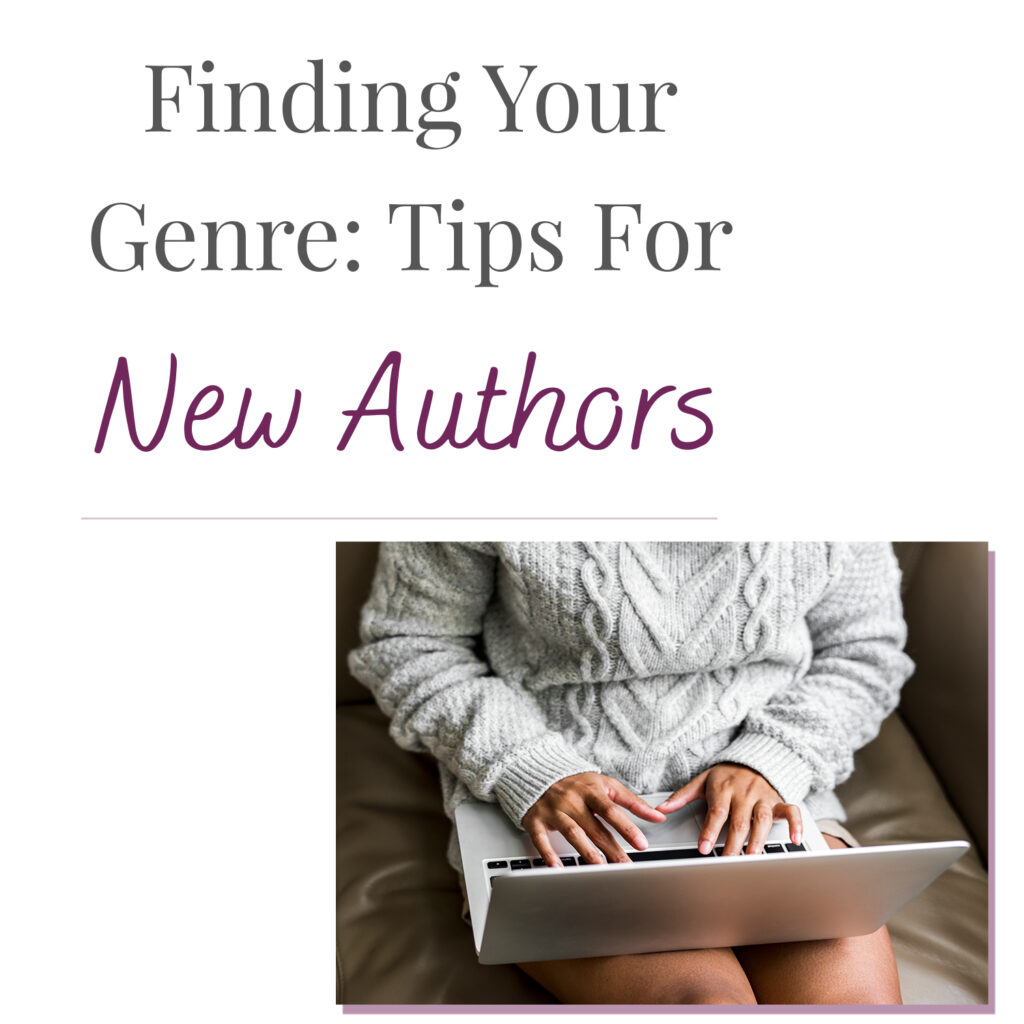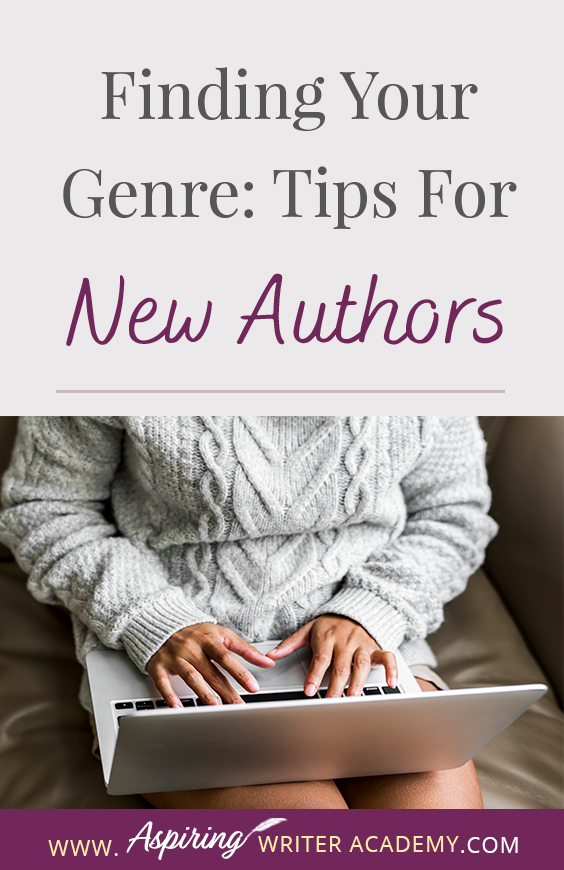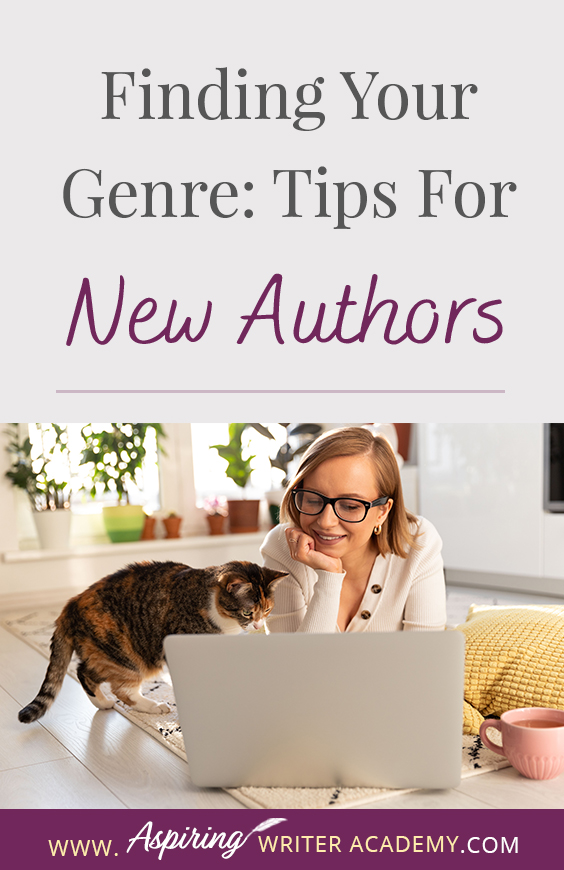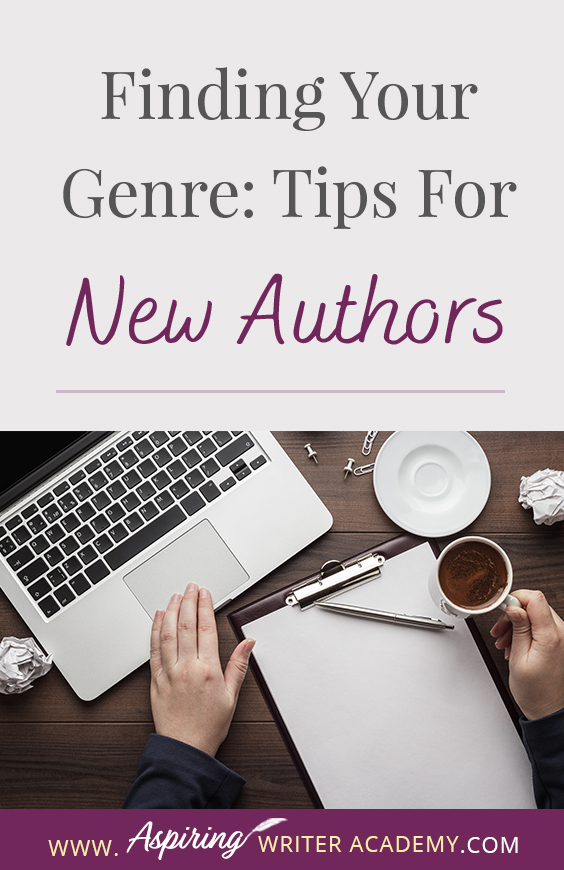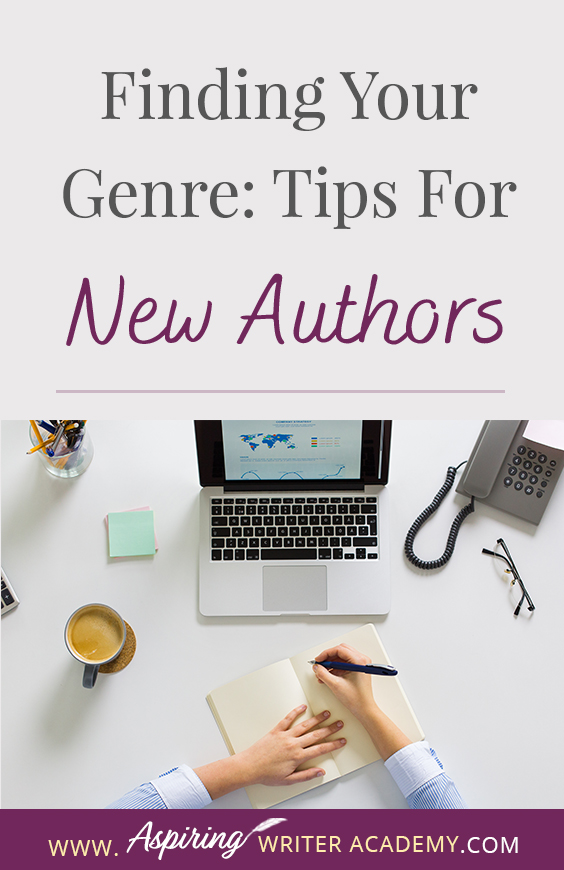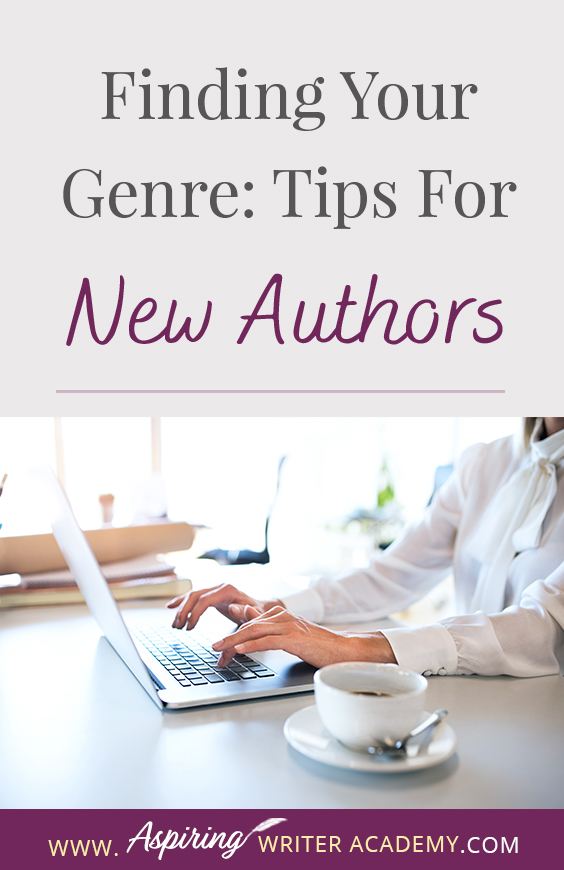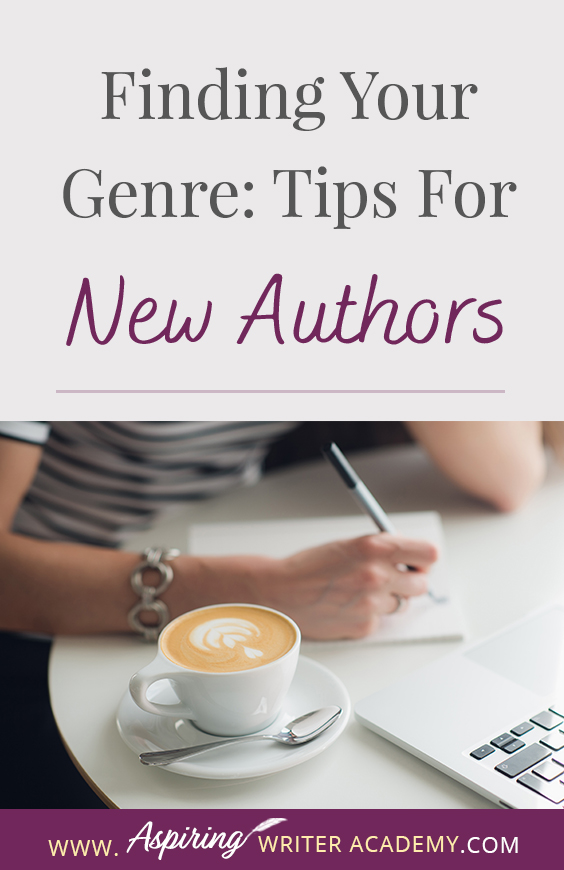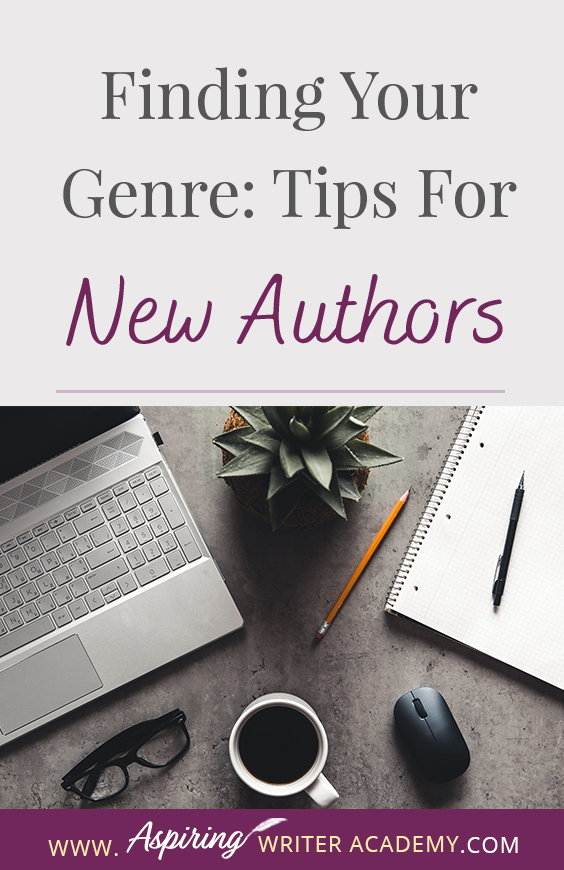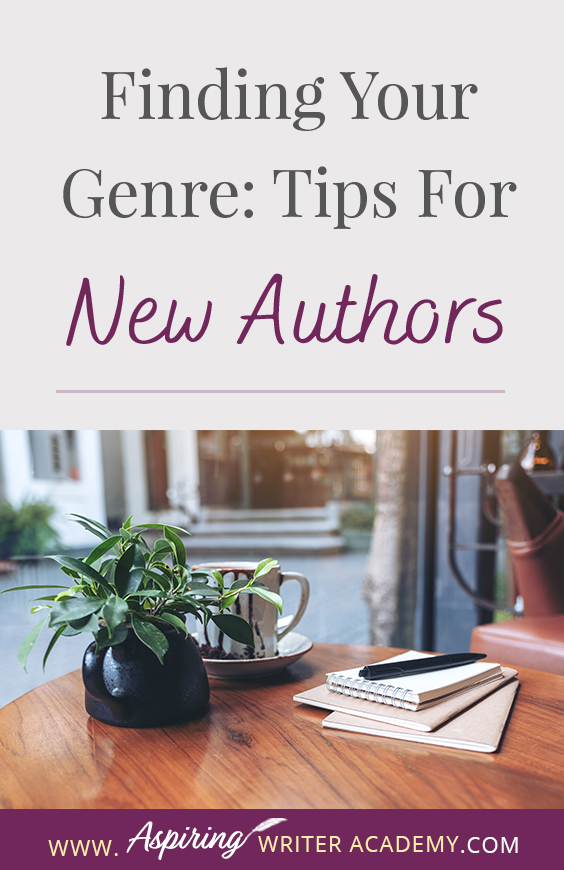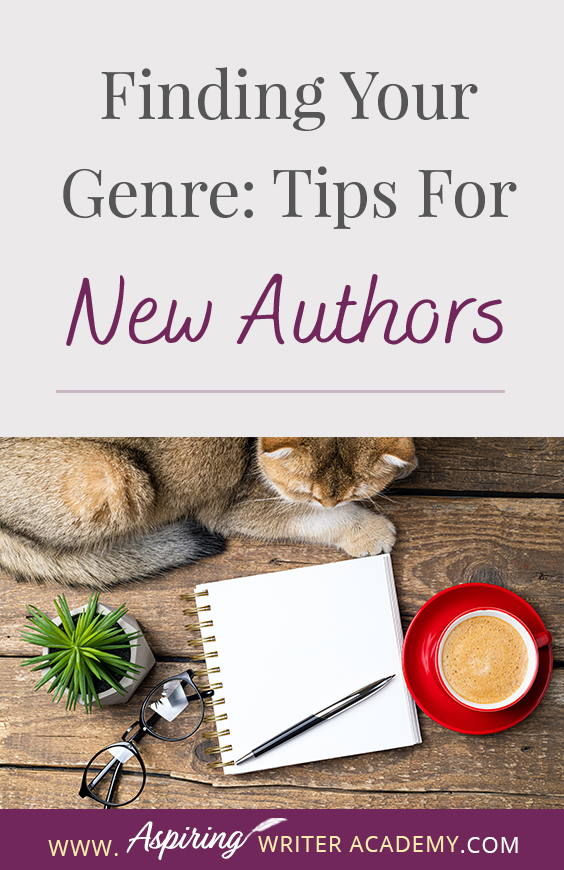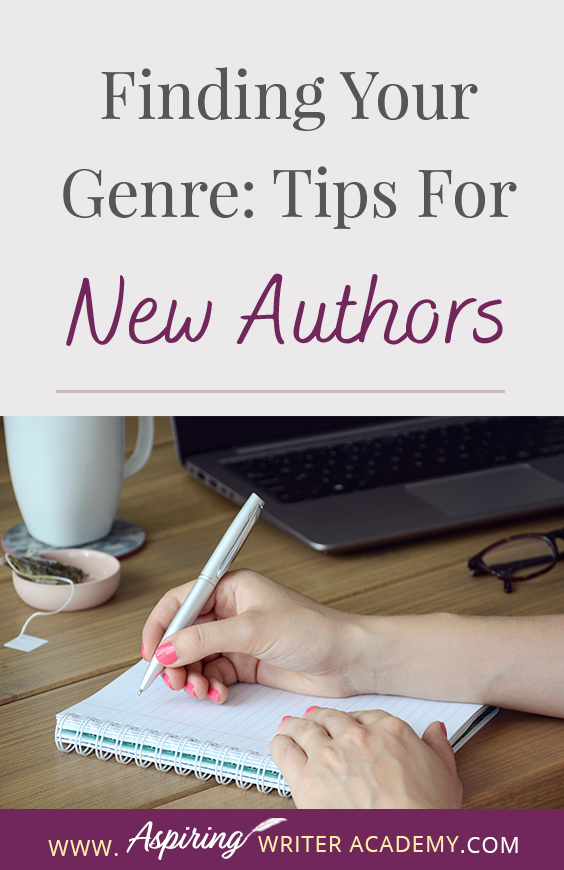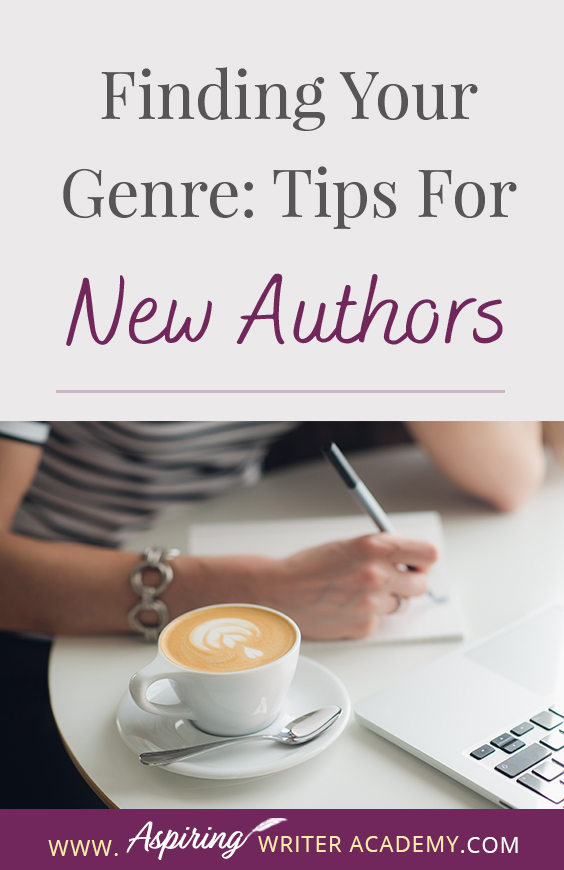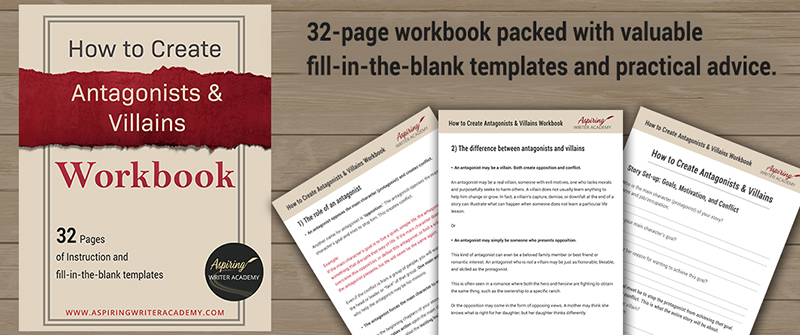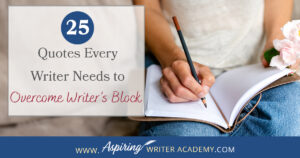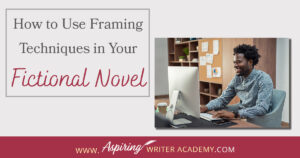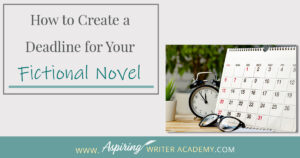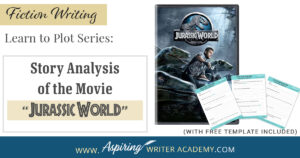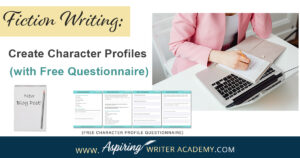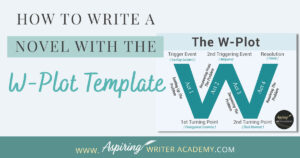Finding Your Genre: Tips for New Authors
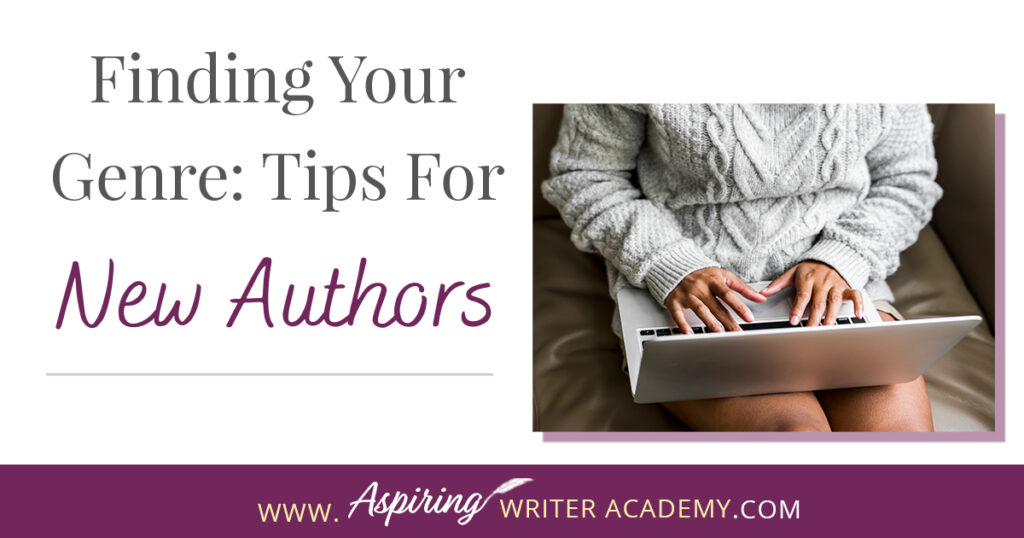
As a new author starting out on your writing journey, you may not know what genre is best for you and the story that you want to write. You may have a general idea but are not sure what book genres will fit best with your writing style and the vision of the story you want to bring to life. In this blog post Finding Your Genre: Tips for New Authors we will give advice and information to help you narrow down which genre is best for you as an author and the novel you wish to write.
Finding Your Genre: Tips for New Authors
1. Ask Yourself: What Interests You?
Exploring your own personal interests and passions can help you find what genre would be best for you. Ask yourself what books you enjoy reading and talking about. What genres are you drawn to the most? You want to be enthusiastic about what you write and if you are already a big fan of fantasy, sci-fi, dystopian, or can't get enough romance books you may want to write what you are already drawn to. Do you love reading up on history and discovering new historical facts? Maybe historical is a good place for you. Your Interests reflect your personal interests and passions. Consider the types of books you enjoy reading, as they often reflect the genres you're most drawn to. Your enthusiasm for a particular genre will naturally translate into your writing, making it more authentic and engaging.
2. Read Over Your Writing and Think About What Your Writing Voice is Like
A tip on finding what genre you should be writing in is to ask yourself what your natural writing voice is like. Is your natural writing voice more serious and suspenseful or is your writing voice more lighthearted, witty, and funny? The way you write can play a factor in which genres naturally fit you as a writer.
3. Play Around and Experiment With Different Genres
Sometimes exploring and experimenting with writing in different genres can open up new doors. You may discover that you absolutely love digging deep into history and learning about different historical eras writing a historical. Maybe by testing out writing fantasy you may discover that you love building whole worlds, cultures, and places. You may find out you love the creative aspects of writing science fiction or that you love planning out all the hidden twists of a murder mystery novel. You may find that you can have a blast visiting real-life towns to base your contemporary novel on or that you may thrive on coming up with all the components of an action suspense novel.
Just because you have an idea of what you want to write at the beginning of your writing journey or if you have already started one genre, doesn't mean you have to be stuck there. Sometimes by testing your hand at writing different genres, you may discover that you enjoy writing in a different genre even more.
4. Think About What Emotions You Want Your Readers To Feel
Consider the emotions you wish to evoke in your readers. Do you want to inspire them? Uplift them? Give them hope? Do you want your readers to think about what's important in life? Do you want your readers to ponder deep speculative concepts? Maybe you may be interested in writing an inspirational novel or a book with speculative concepts. Maybe you want to write a fantasy where the characters face huge imposing darkness but despite all odds succeed in the end.
Some of my favorite inspiring quotes of all time come from The Lord of The Rings by J.R.R. Tolkien. The Lord of The Rings was an amazing fantasy series, with elves, dwarfs, orcs, giant spiders, and dragons, yet this series is filled with profound meaningful concepts throughout all the books that inspire and encourage people.
5. What Are Your Favorite Themes?
Analyze the themes that mean the most to you. Ask yourself what themes you connect with the most. Identifying themes can help you identify what genre would be best for you to write. Do you identify with the need for self-discovery, or do you long for adventure or romance? What can you draw from your own life to insert in your writing? Are there issues in this world that you feel strongly about? Have you gone through pain and healing? Identifying themes that you wish to incorporate into your books can help you discover which genre would be a good fit for you.
6. Do Your Research and Find Out The Core Aspects of Each Genre
Dive into the defining elements and key characteristics of each genre. By understanding the fundamental aspects of each genre you can make a better decision on which genre will be most suitable for you and your own writing style. Ask yourself what are the key themes, plot conventions, and tones of each genre.
7. Follow Your Gut Instinct
What does your intuition tell you about what genre would be best for you? Sometimes the most simple trustworthy tip for choosing a book genre that fits you as an author is to just trust your instincts. Think about what will excite you to get up early and stay up late to write about. What type of stories excite and inspire you the most? You want to make sure you are passionate about what you write and not be writing in a particular genre you don't care about just because you think you would make more money. Follow your passions and your natural authenticity and enthusiasm will help you maintain writing in the long run. You will get burnt out if you write in a genre you don't like just because you think you can make more bucks.
8. Get the Advice Of Others
Sometimes you are blind to what fits your writing voice and style best. Share your writing with a small group of trusted writing peers. By sharing your work with others, you can get feedback on what genre would be a good fit for you. Sometimes you may not even realize that you write a certain way and getting outside perspectives from trusted mentors in the writing industry can give you valuable insights on genres that would fit you to a T.
9. Think About Trying Out Hybrid Genres
Don't limit yourself to a single genre. There are so many book genres out there and the perfect fit for you may be a combination. Many successful authors blend genres to create their own unique narratives that cross traditional boundaries. Exploring hybrid genres can lead to innovative and captivating stories. There are many different combos out there.
For example, the "Outlander" series by Diana Gabaldon, which was also turned into a popular TV show, has a captivating story that transcends multiple genres. This beloved series seamlessly blends together a mix of drama, historical fiction, romance, time travel, fantasy, and adventure fiction. Within its pages, readers are transported between contemporary settings and the historical world of the Scottish highlands during the 18th century. The story and different genres are all intricately connected through the concept of time travel via ancient stones.
"Twilight" by Stephenie Meyer, is in the young adult genre, catering to the interests and experiences of adolescent readers. However, it is also a paranormal romance, introducing supernatural elements such as vampires and werewolves. The book's genre fusion brings together the challenges and emotions of teenagers with the mix of the supernatural.
"The Hunger Games" by Suzanne Collins, is a young adult series that merges multiple genres into a gripping narrative. Rooted in dystopian, this story immerses readers in the oppressive society of Panem, delving into themes of government control and social inequality. As a work of science fiction, it envisions a future marked by advanced technology such as hovercraft, high-tech gadgets, and genetic manipulation. The series also thrives on drama, with deeply developed characters navigating personal struggles amidst adversity, and it's punctuated by intense action sequences, particularly within the Hunger Games themselves. This genre fusion captivates readers by balancing a dystopian world, futuristic elements, emotional depth, and thrilling action.
10. Embrace That Your Writing Preferences May Change
As you write you may find that your genre preferences may evolve or change over time as you improve your craft or may get burnt out on always writing the same type of stories. It's okay to stay open to new possibilities and you can always try a new genre.
Even famous authors such as Stephen King and Agatha Christie have ventured into completely different genres than the ones they became famous for.
Examples:
Stephen King, who is world-renowned for his books in the horror genre, has now ventured into writing fantasy with "The Dark Tower" series, and crime/detective fiction with novels like "Mr. Mercedes."
Agatha Christie is known as the "Queen of Mystery" because of her highly famous and popular detective stories and famous murder mystery novels but she also ventured into romance under the pseudonym Mary Westmacott.
Every author continually grows in their writing journey and it's okay to stay open to writing in different genres as you gain more experience and grow as a writer.
Final Thoughts On Finding Your Genre: Tips for New Authors
Discovering the right genre is a highly personal process that involves a lot of self-reflection on who you are as an author, fun experimentation, and having a genuine passion for what you want to write. You need to take the time to explore and see how your writing voice and writing style line up with different genres. I hope that this blog post Finding Your Genre: Tips for New Authors helps you think about what genre would be best for you as an author.
You May Also Like
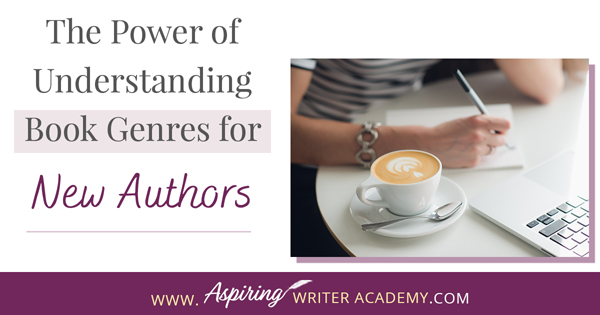
The Power of Understanding Book Genres for New Authors
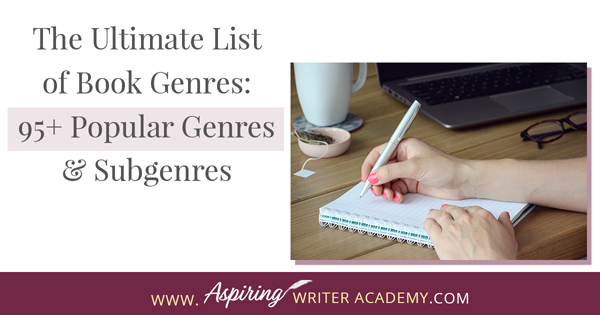
The Ultimate List of Book Genres: 95+ Popular Genres & Subgenres
If you have any questions or would like to leave a comment below, we would love to hear from you!
Do you find it difficult to create compelling antagonists and villains for your stories? Do your villains feel cartoonish and unbelievable? Do they lack motivation or a specific game plan? Discover the secrets to crafting villains that will stick with your readers long after they finish your story, with our How to Create Antagonists & Villains Workbook.
This 32-page instructional workbook is packed with valuable fill-in-the-blank templates and practical advice to help you create memorable and effective antagonists and villains. Whether you're a seasoned writer or just starting out, this workbook will take your writing to the next level.
Our Goal for Aspiring Writer Academy is to help people learn how to write quality fiction, teach them to publish and promote their work, and to give them the necessary tools to pursue a writing career.
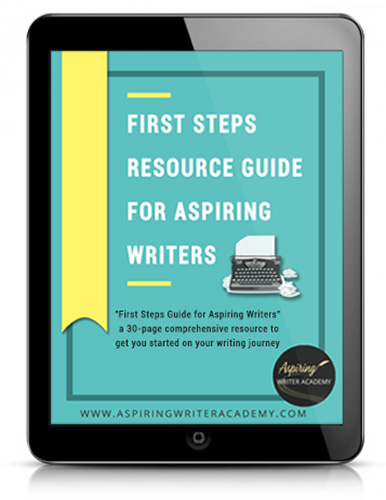
ENTER YOUR EMAIL
TO GET YOUR FREE
"First Steps Guide for Aspiring Writers" a 30-page comprehensive resource to get you started on your writing journey.
Other Blog Posts You May Like
Why We Started Aspiring Writer Academy: Our Story
50 Top Resource Books for Fiction Writers
3 Levels of Goal Setting for Fiction Writers
Fiction Writing: Office Supplies to Help You Prepare to Write Your Next Novel
Fiction Writing: 5 Key Differences Between a Novel and a Novella
Write Your First Novel: How Do You Start?
Do You Dream of Being a Published Author? (How Bad Do You Want It?)
Who is an ‘Aspiring Writer?’ 3 Tips to Escalate Your Career No Matter What Level You Are At
How to Write the Midpoint of Your Novel (and Avoid a ‘Saggy Middle’)
20 Items to Bring to Your First Writer’s Conference
How to Find a Great Story Idea in 4 Easy Steps
How to Write a Novel While Working Full Time
Slingshot Week: How to Set New Goals for Writing in 2023
The Pros and Cons of Writing Holiday Fiction (Collections & Anthologies)
Fiction Writing: How to Find a Critique Partner/Group
